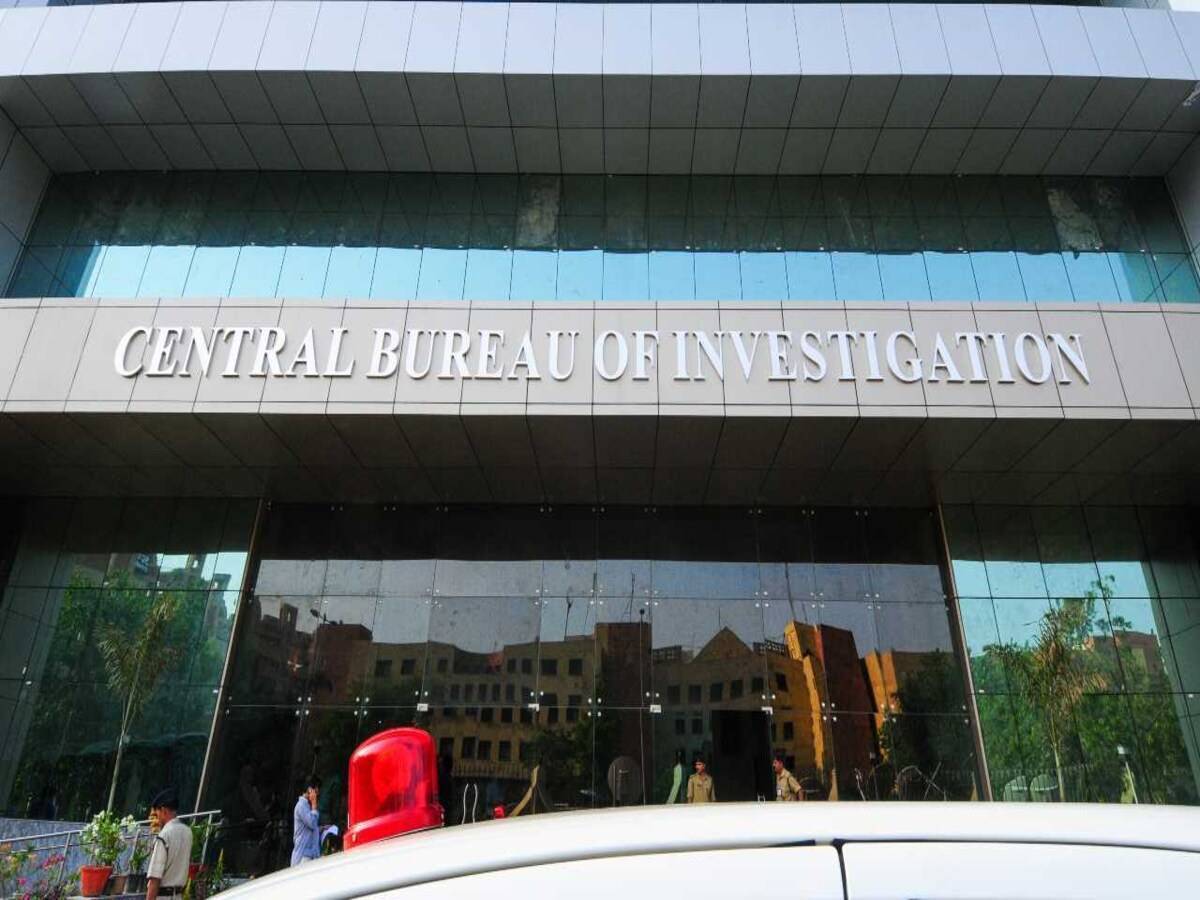The Maharashtra cabinet has approved the Global Capacity Centre (GCC) 2025 policy, a strategic initiative aimed at strengthening the state’s position as a preferred destination for global investments and high-value employment. The policy is designed to enhance Maharashtra’s competitiveness in rapidly growing sectors while promoting international collaboration and creating a conducive environment for new investments.
The GCC 2025 policy aligns with the national vision of Viksit Bharat 2047 and supports India’s goal of achieving a trillion-dollar economy by 2030. By providing a structured framework, the policy seeks to attract global corporations to establish capacity centres in Maharashtra, contributing to both employment generation and economic growth.
Maharashtra’s decision follows the Confederation of Indian Industry’s (CII) release of the Model State GCC Policy, which serves as a guide for states to accelerate GCC development beyond metropolitan centres. The policy aims to ensure large-scale creation of high-quality jobs and strengthen India’s position in the global GCC landscape.
India currently hosts over 1,800 GCCs, employing approximately 2.16 million professionals and contributing nearly $68 billion to the national GDP. The country accounts for nearly half of the world’s GCCs, highlighting its growing prominence as a hub for technology, innovation, and service delivery. The sector’s expansion has been facilitated by a combination of skilled human resources, robust infrastructure, favourable policies, and support from central and state governments.
Under the Maharashtra GCC 2025 policy, the state government plans to offer a range of incentives and supportive measures to encourage multinational corporations to establish operations. These include financial and operational support, facilitation of regulatory approvals, and creation of specialised infrastructure to accommodate the specific needs of global capacity centres. The policy also focuses on promoting innovation-driven sectors, including information technology, financial services, analytics, research and development, and advanced manufacturing.
The policy is expected to drive employment growth in the state by providing high-quality, skilled jobs across multiple sectors. By attracting international companies, Maharashtra aims to strengthen its ecosystem for research, development, and innovation while boosting the state’s global competitiveness.
In addition to the GCC policy, the state cabinet approved a comprehensive framework for cancer treatment. This programme introduces a three-tier approach to healthcare, ensuring that citizens have access to quality cancer treatment services. By integrating advanced diagnostic facilities, specialised treatment centres, and follow-up care, the policy seeks to improve overall healthcare outcomes for residents.
Analysts note that the GCC 2025 policy will play a crucial role in consolidating Maharashtra’s status as an investment-friendly state. By providing a structured pathway for global companies to invest and operate, the policy strengthens the state’s industrial base, creates employment opportunities, and supports long-term economic growth.
With the implementation of the GCC 2025 policy, Maharashtra positions itself as a forward-looking state, ready to harness the potential of global investment and emerging industries. The initiative underscores the state’s commitment to building a sustainable economic ecosystem while contributing to India’s broader national objectives.









.png)